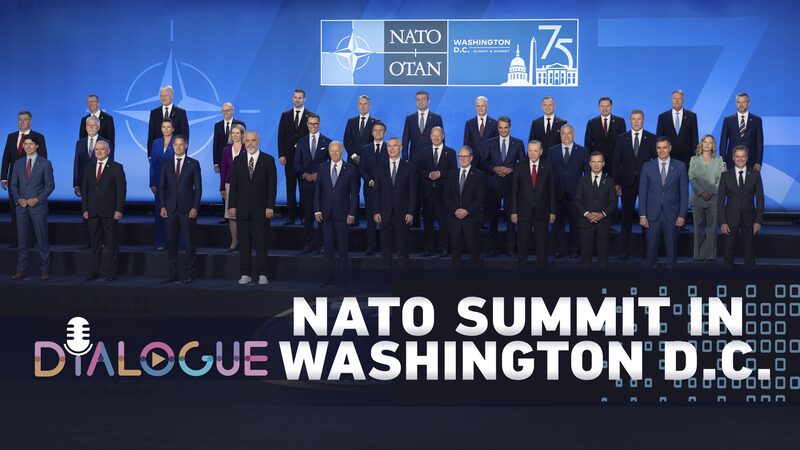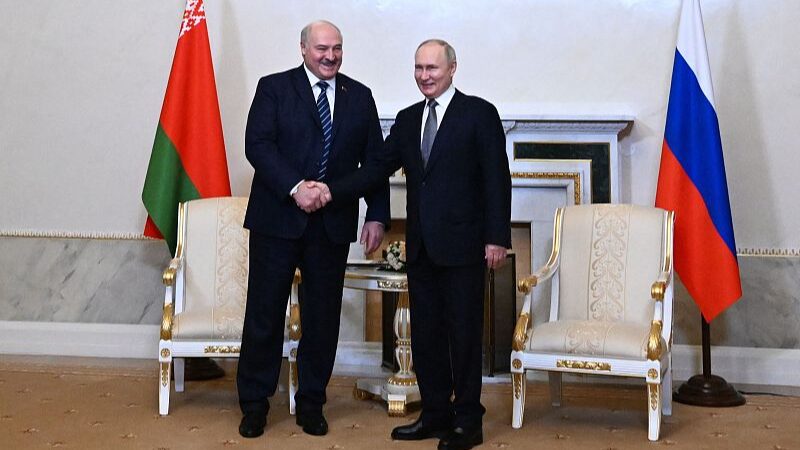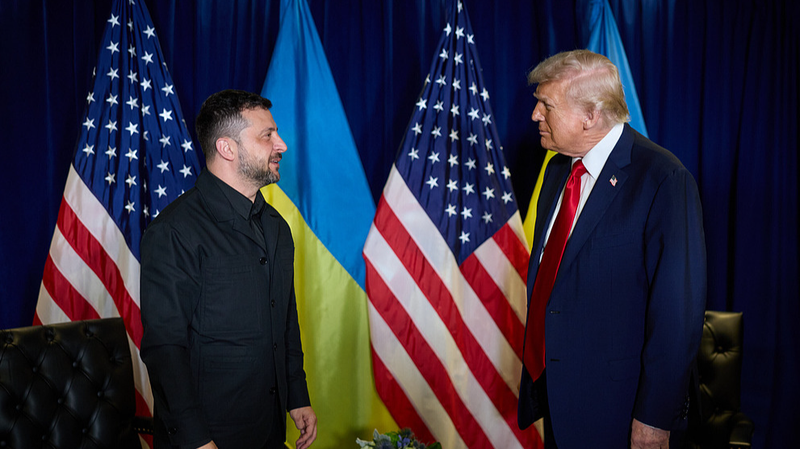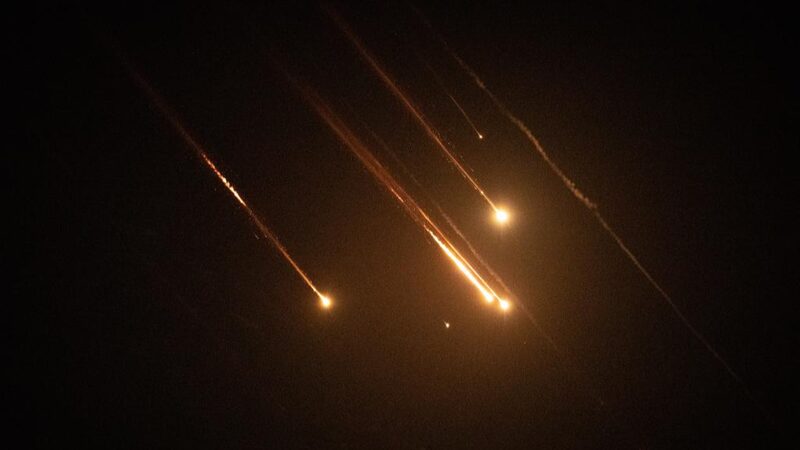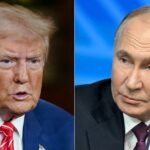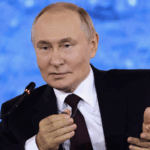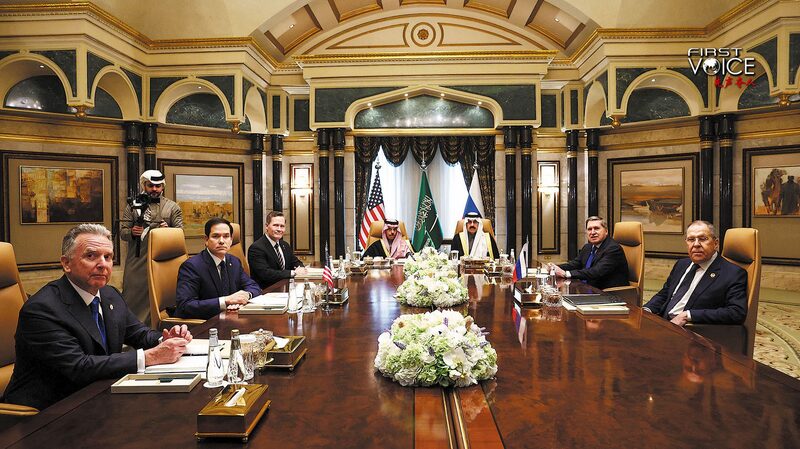As NATO celebrated its 75th anniversary in Washington D.C. this week, the alliance made waves with two major moves: doubling down on support for Ukraine and issuing its first-ever direct warning to China over alleged military aid to Russia. But the real headline? NATO's potential pivot toward the Asia-Pacific—a shift that could reshape global power dynamics. 💥
The China Factor Takes Center Stage
For the first time in history, NATO accused Beijing of supplying \"lethal aid\" to Moscow through dual-use technology transfers. The Chinese Foreign Ministry fired back swiftly: \"We reject these baseless accusations. China advocates for peaceful dialogue, not fueling conflicts.\" 🇨🇳
Asia-Pacific Expansion: New Frontier or Cold War 2.0?
NATO's proposed partnerships with Japan, South Korea, and Australia have sparked debate. Professor Glenn Diesen warns: \"Turning NATO into a global alliance risks creating new divisions.\" Meanwhile, Warwick Powell suggests this could lead to \"tech and security standards shaping a new world order.\" 🌏
Will Ukraine Get What It Needs?
While NATO pledged long-term security cooperation and F-16 fighter jets, Anton Fedyashin remains cautious: \"Delivery timelines matter more than promises. Winter could be decisive.\" ❄️
As the world watches these developments, one question looms: Could Asia become the next stage for great power competition? Stay tuned as we track how these strategic moves impact everything from crypto markets to K-pop diplomacy. 🔥
Reference(s):
NATO Summit 2024: Is the group expanding into the Asia-Pacific?
cgtn.com
